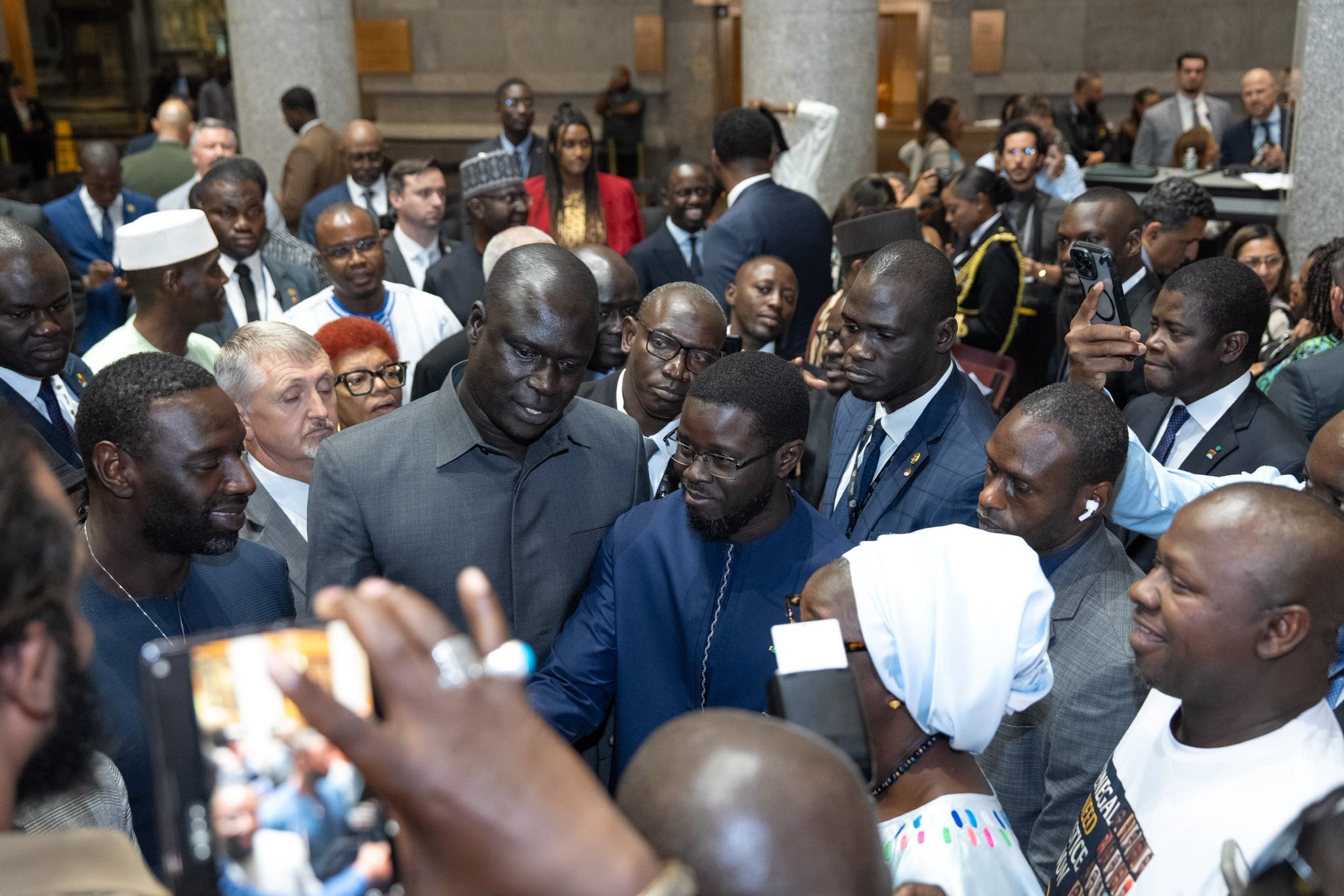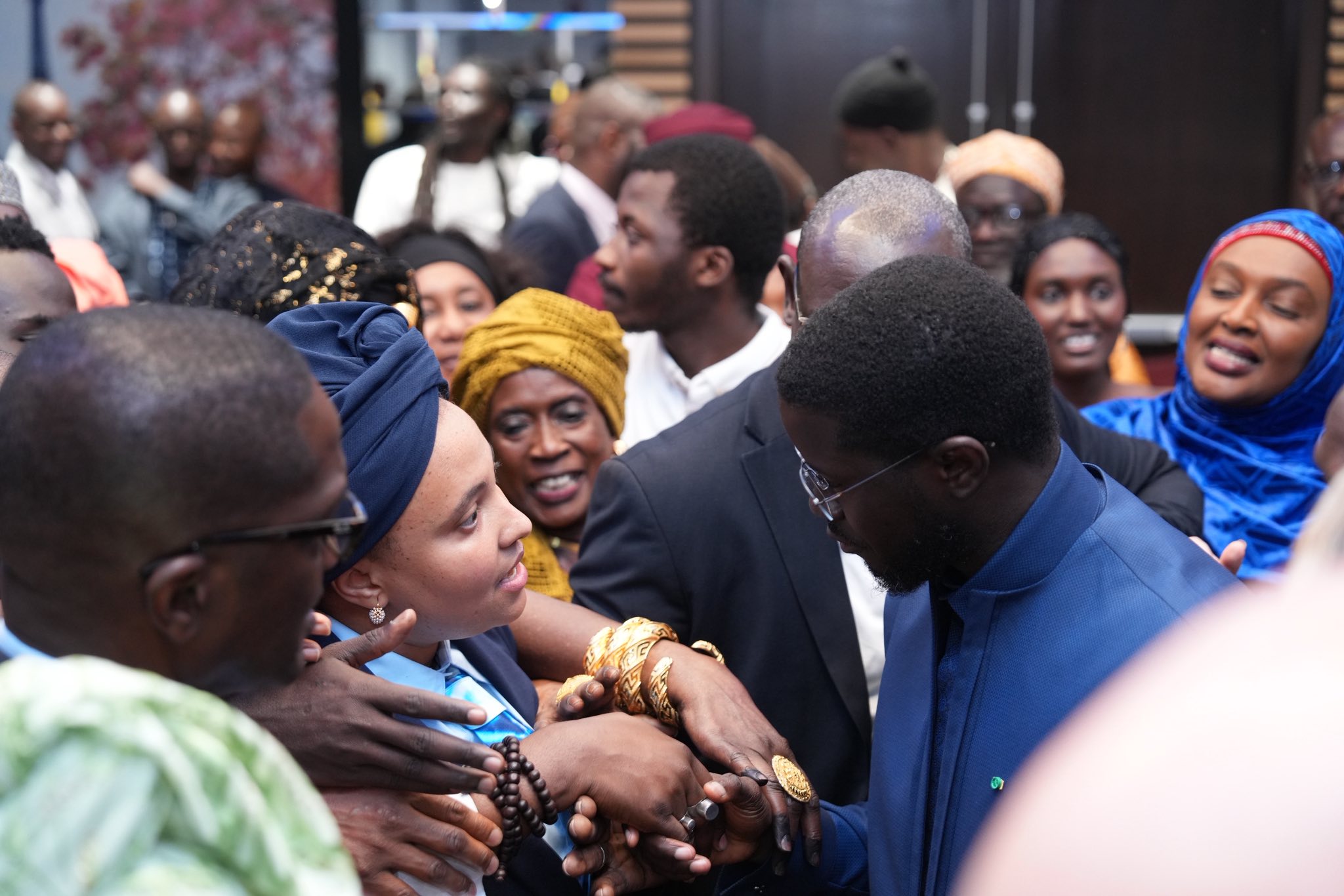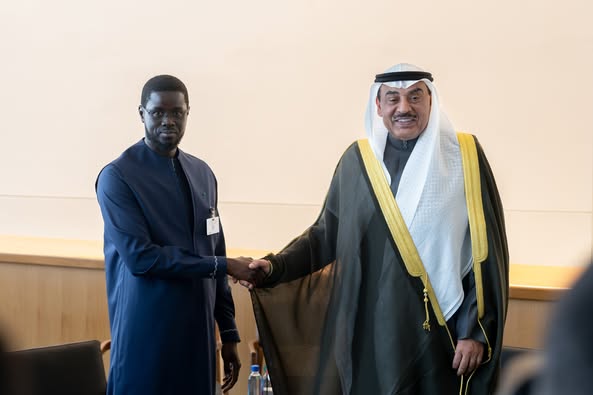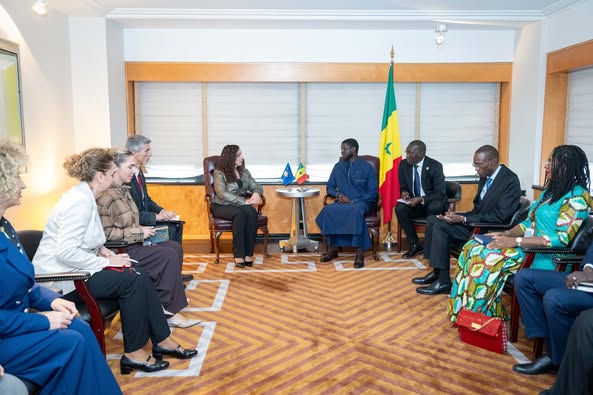Palace History
The construction of the palace in its first state was ordered in 1902 by Gaston Doumergue.
Read moreIndependence: April 4, 1960
Senegal became a Republic on November 15, 1958, and gained independence on August 20, 1960.
En savoir plusThe Flag and Motto of Senegal
The flag of the Republic of Senegal consists of three vertical and equal bands.
En savoir plusAnthems
The National Anthem, other anthems, and the Anthem of the African Renaissance
En savoir plus











